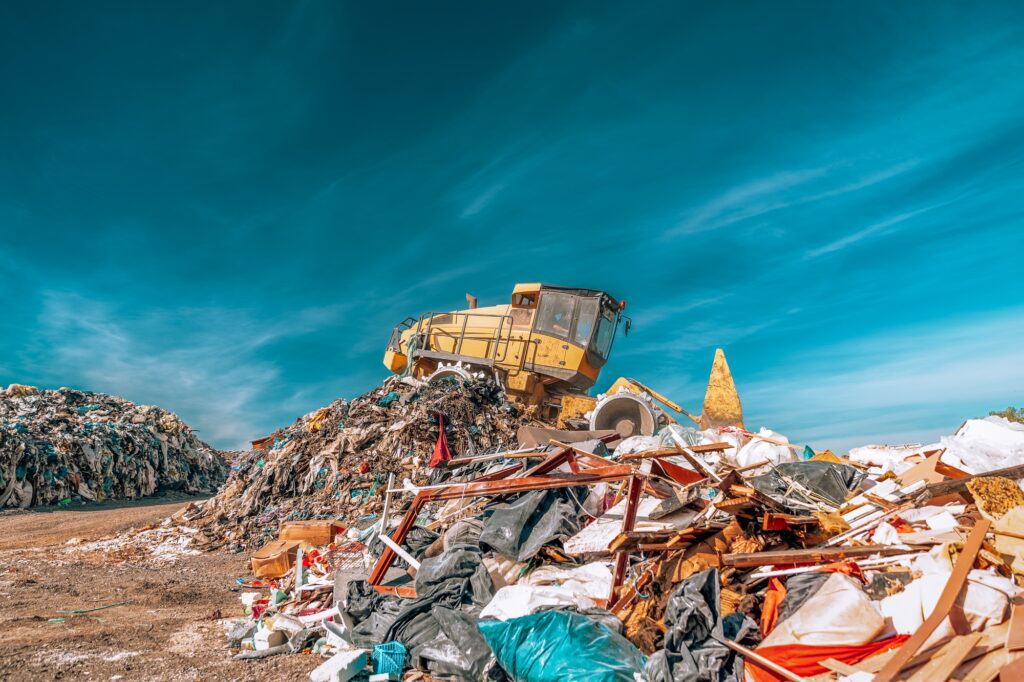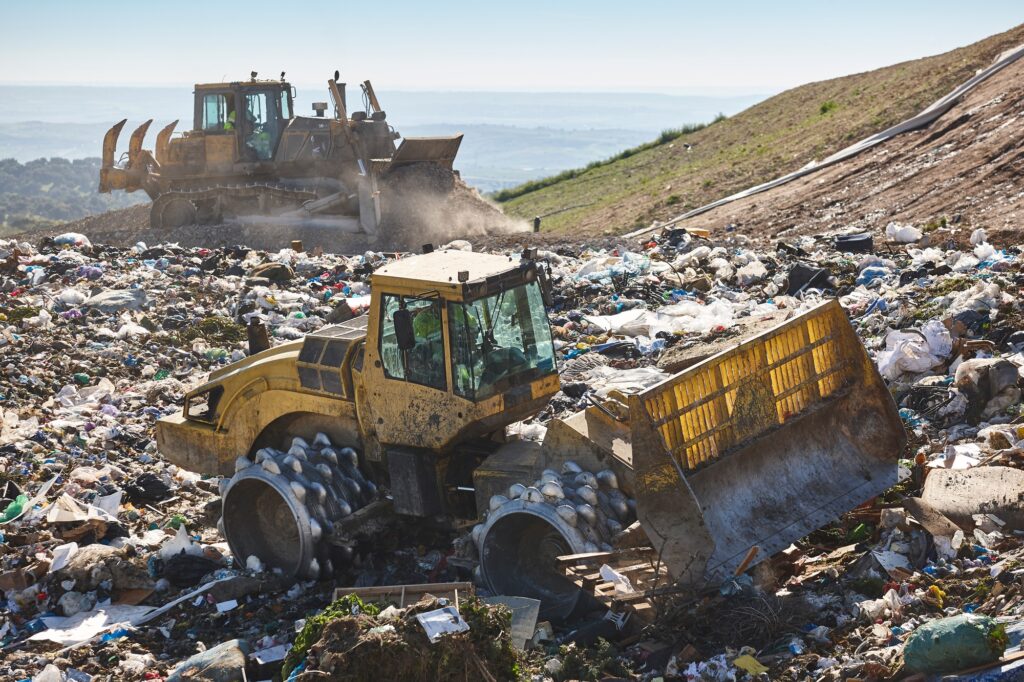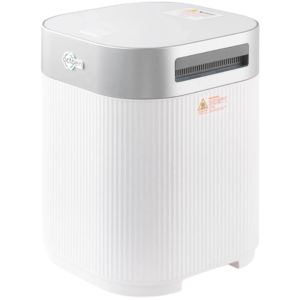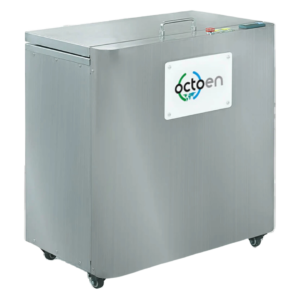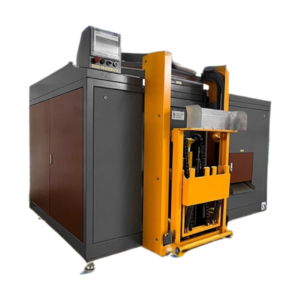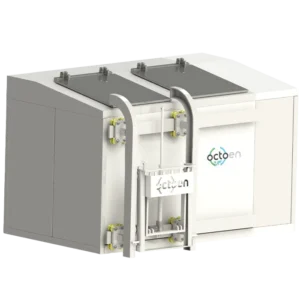Powering the Zero-Waste Revolution
Landfill Diversion Solutions
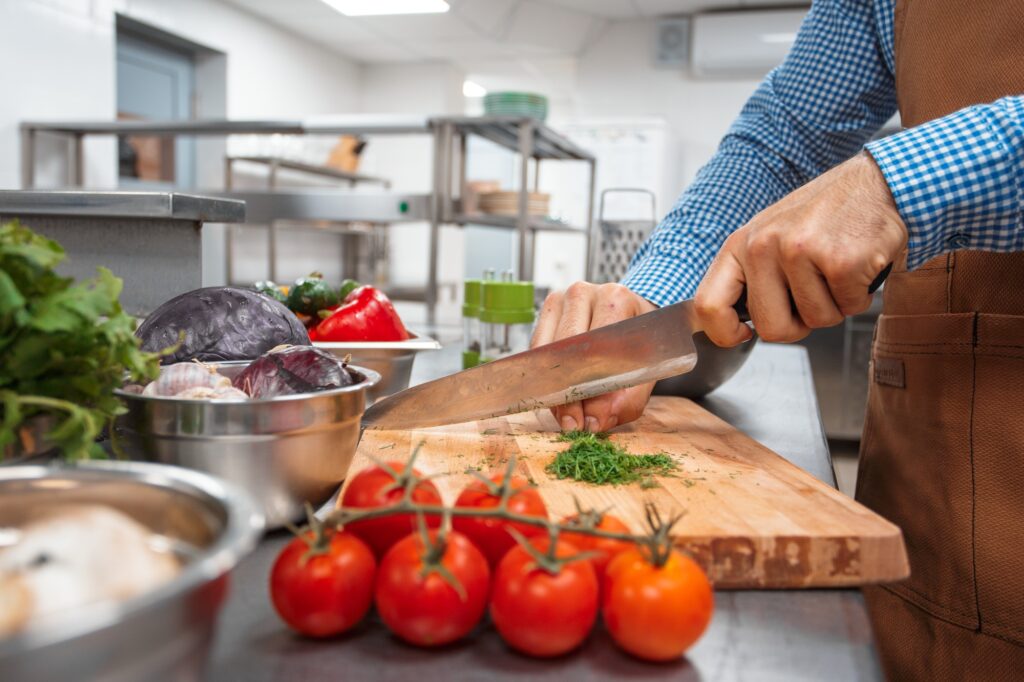
Diverting organic waste away from landfills
Landfills represent one of the greatest challenges to tackling climate change.
The decomposition of organic waste releases methane, a potent greenhouse gas. Whilst some newer, more advanced landfills are able to capture this gas for energy use, many older landfills are not equipped with this technology, resulting in methane leaking into the atmosphere. Additionally, leachate, the toxic liquid that drains from landfills, pollutes the local ecosystem by contaminating the water supply and soil.
Landfill diversion refers to the process of redirecting waste away from landfills, helping to reduce the environmental impact, conserving resources and promoting a more circular approach to product use and sustainability.
60% of food waste ends up in landfills in the US*
*This equates to circa 40M Tons of waste per annum, costing companies Billions of dollars per annum in the USA alone.
Source: EPA
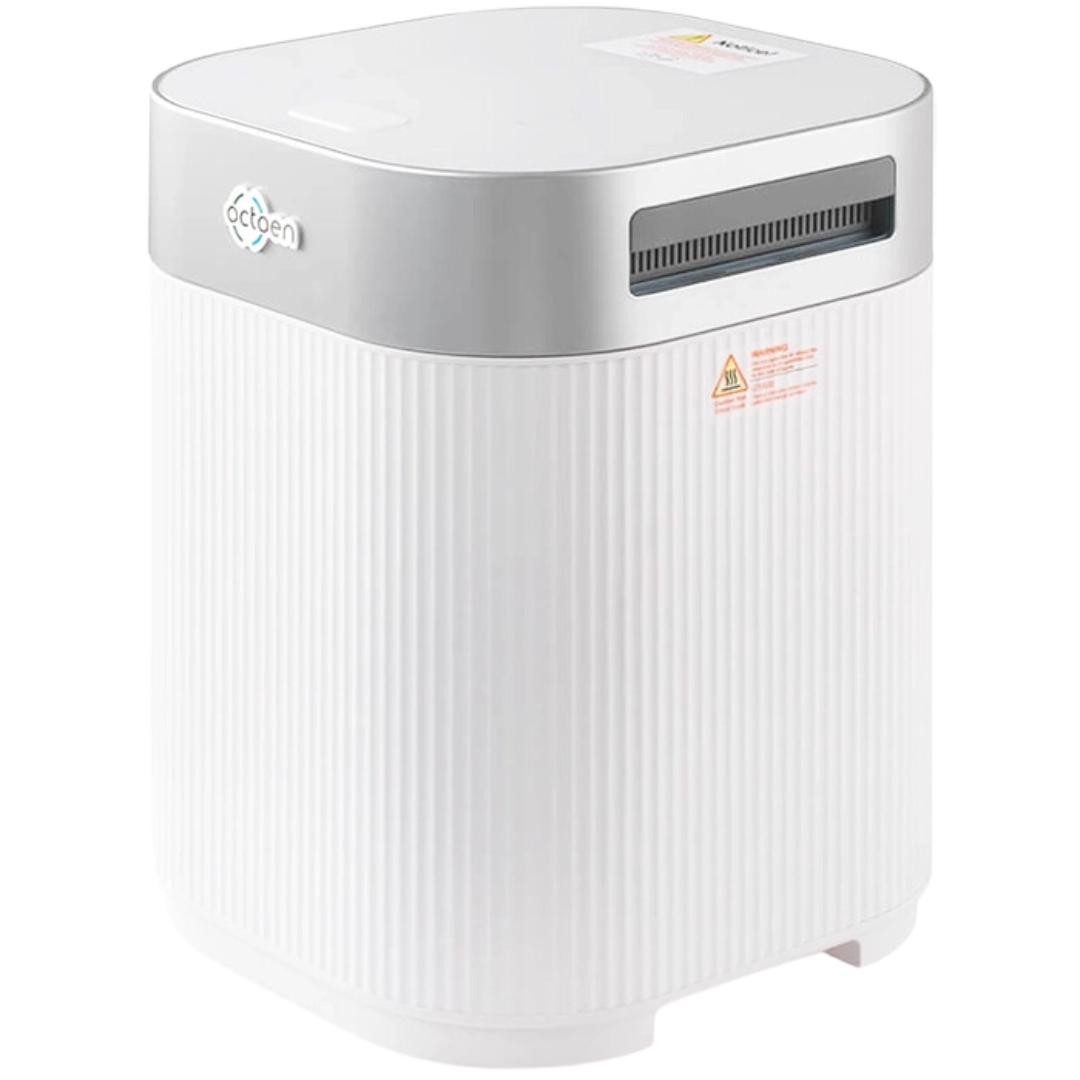
Domestic
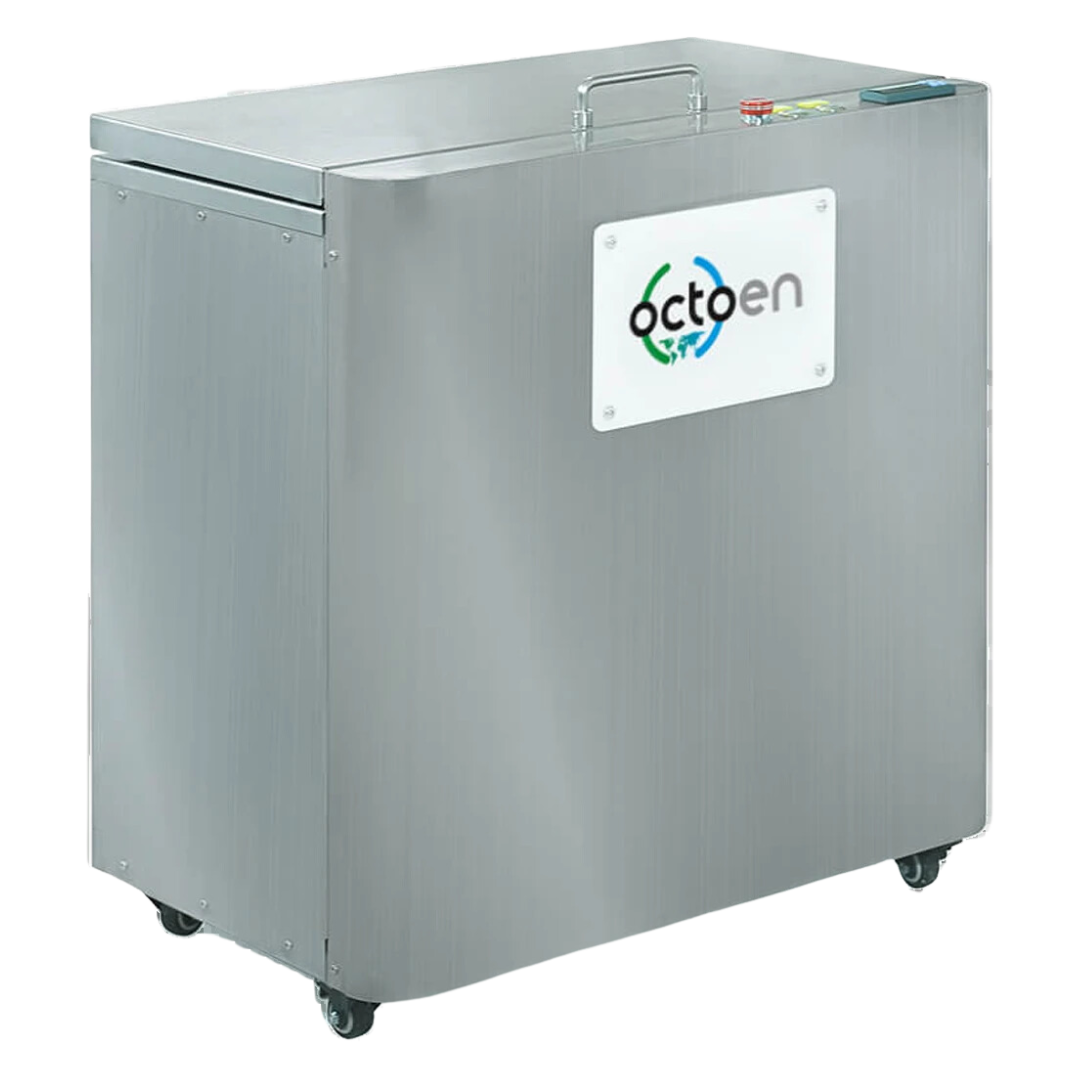
Commercial
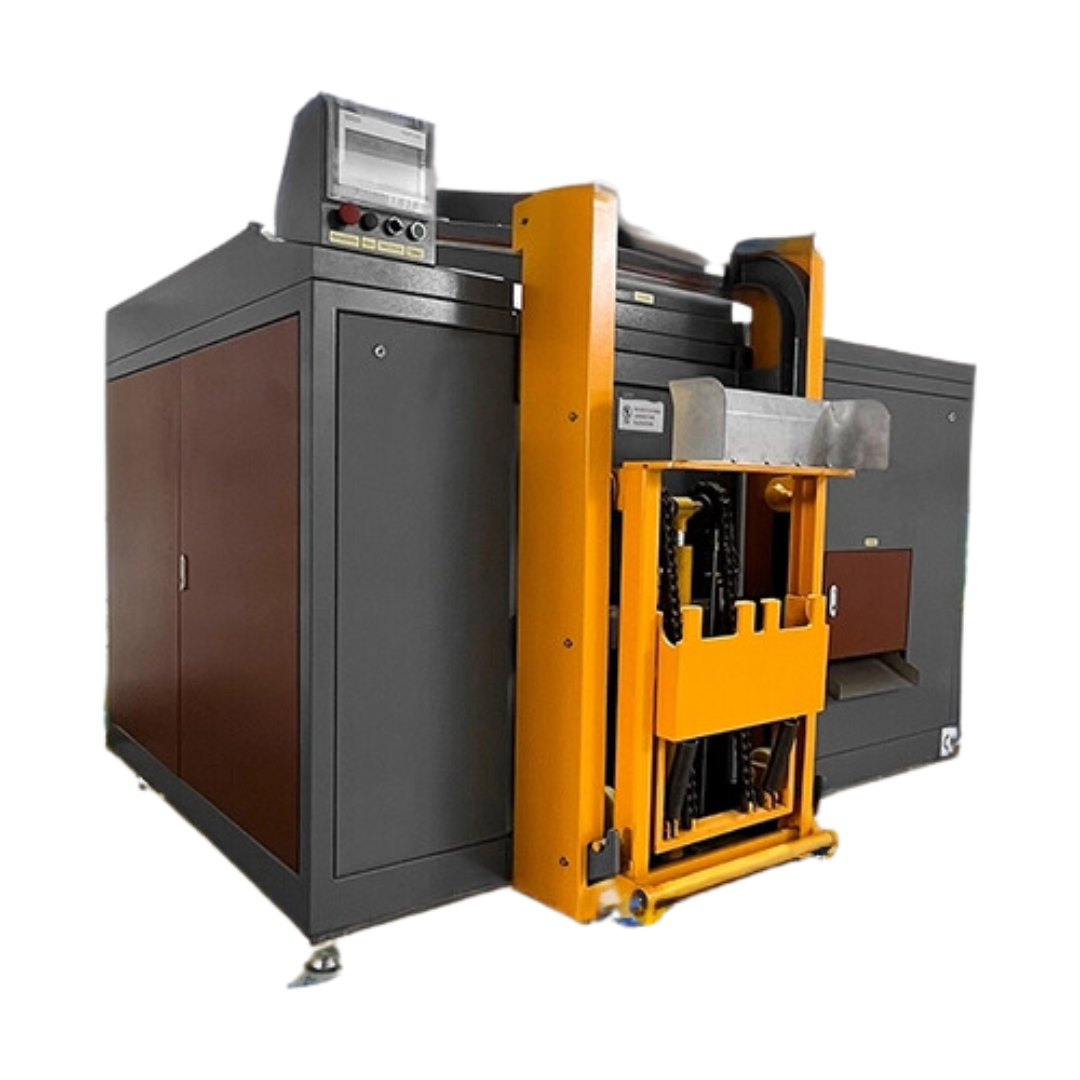
Industrial
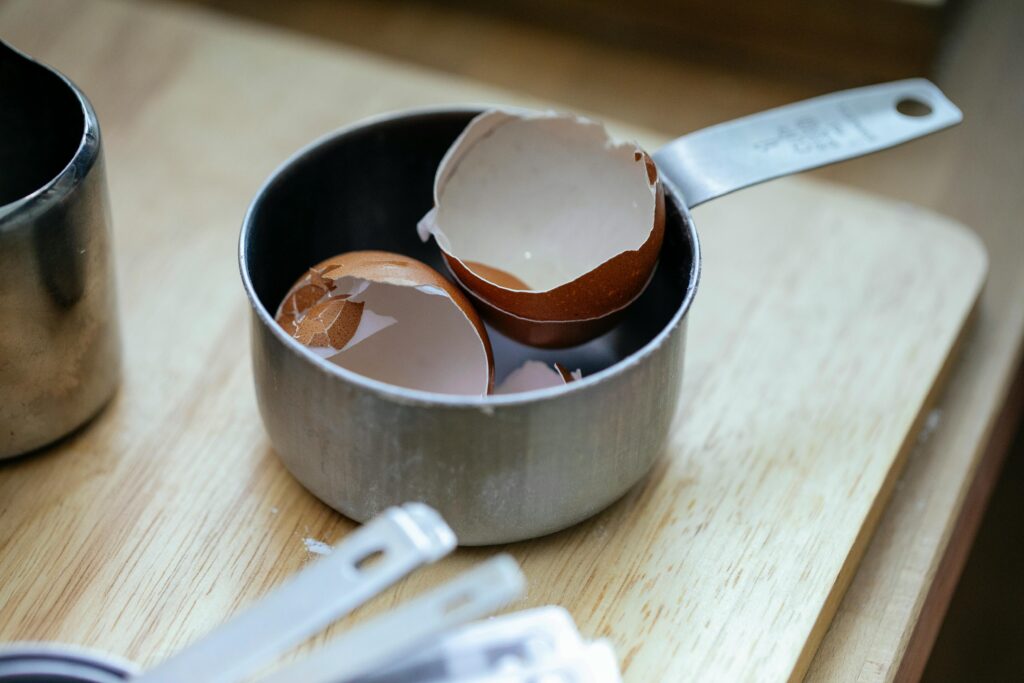
Championing a Future that is Free from Organic Waste in Landfills
Ecoco is proud to introduce the world’s first fully integrated Bio Digesting Compost Machines: the ECO-1000, ECO-2500, and ECO-5000. These revolutionary machines usher in a new era of landfill diversion waste management, helping you achieve sustainability goals, reduce operating costs, and boost your business.

